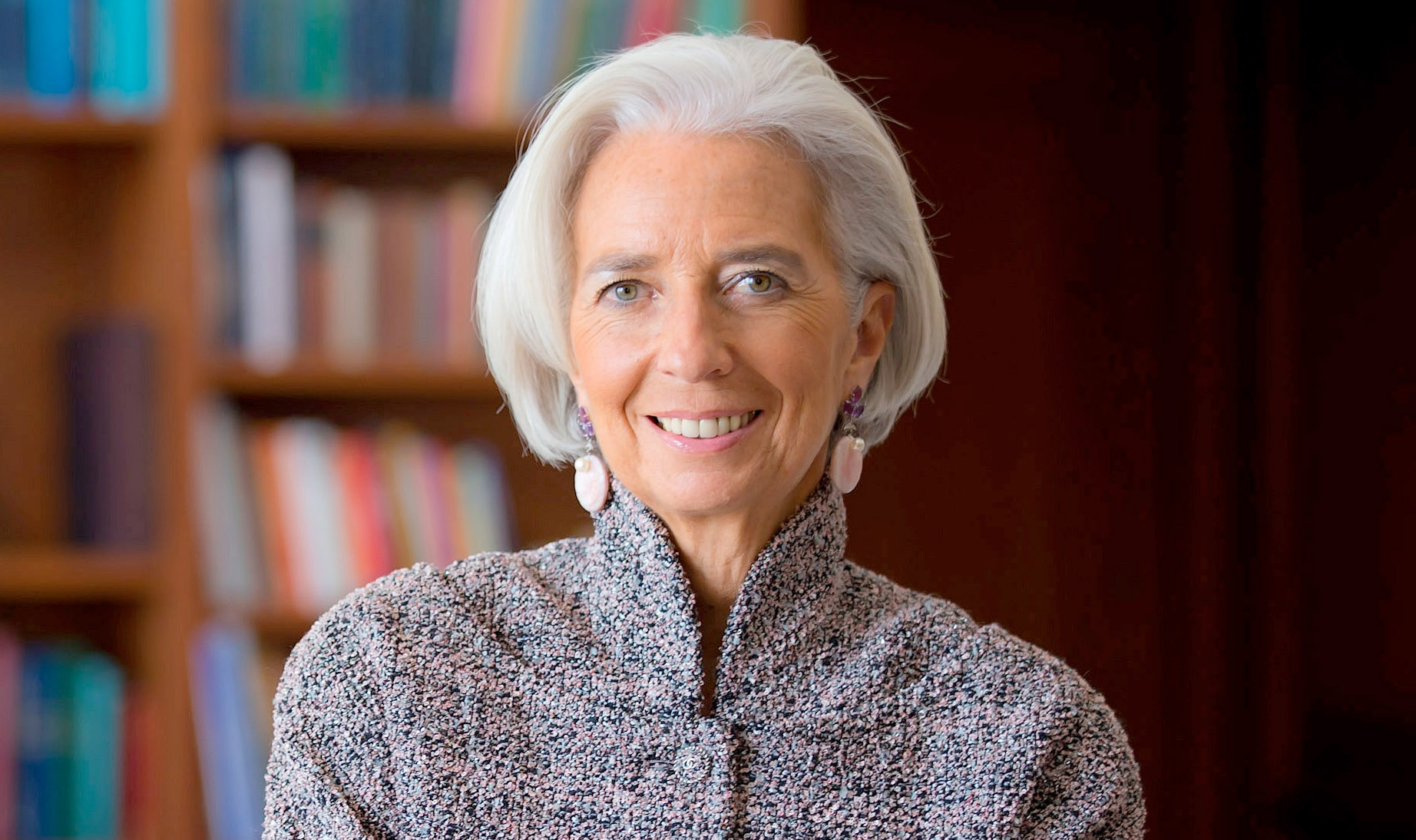- Filter by
- Categories
- Tags
- Authors
- Show all
- All
- Blog
- Events
- Fiscal Alerts
- Library
- News & Events
- Occasional Papers
- Opinions
- Policy Briefs
- Press Release
- Publications
- Research
- Speeches
- Trending
- Uncategorized
- All
- 2015 Budget
- 2016 Budget
- 2017 Budget
- 2018 budget
- 2019 Budget
- Advertising
- Agricultural
- Analysis
- Annuity
- Benefits
- Budget
- Budget Analysis
- Budget deficit
- Budget Performance
- Budget Review
- Budget Statement
- Burkina Faso
- Capital Expenditure
- century bond
- Climate Change
- Crises
- cross-cutting
- Crude Oil Price
- Debt
- Debt sustainability
- Debt to GDP
- Debt trap
- Domestic Revenue
- Economic Analysis
- Economic Development
- Economic growth
- Economic Policy
- Economic Policy in Ghana
- Economic Shocks
- Economy
- El nino
- Employment
- Energy sector
- Exchange rate
- Expenditure Arrears
- Extended Credit Facility
- Extractive
- Financial Sector
- Fiscal consolidation
- Fiscal Decentralization
- Fiscal Deficit
- fiscal discipline
- Fiscal Incentives
- Fiscal performance
- Fiscal Policy
- Fiscal Rigidities
- Fiscal stability
- GDP
- GDP growth
- Ghana beyond Aid
- IMF
- IMF Program
- IMF support
- Income
- Industrilization
- Industrilization policy and programs
- Inflation
- Insurance sector
- Integrity
- Interest cost
- Labour
- long term bond
- Macroeconomic stability
- Manufacturing
- Manufacturing sector
- Mid-year
- Mid-Year Budget
- Mid-Year Review
- Mobilizing revenue
- National Population Census Data
- NPRA
- PAYG
- Pension
- Post-Independence Ghana
- Poverty Reduction
- Pre Budget Statement
- Pre-Budget Forum
- Pre-Independence Ghana
- Priorities
- Provident Fund
- Public Debt
- Public Debt and Sustainability:
- Public dept
- Renewable Energy
- Restructuring
- Retirement
- Revenue earmarking
- Revenue Mobilization
- Sectors
- Services
- Social polcy
- Social security
- SOEs
- SSNIT
- State of Economy
- Sustainable growth
- Tax
- Tax Revenue
- Tier 2
- Tier 3
- Tire 1
- Unemployment
- Unemployment in Ghana
December 30, 2014
Ghana is currently facing serious economic crisis. The country is experiencing a rapidly declining economic growth, double digit deficits for two years running, current account deficits also in double digits, and a public debt stock which is almost above the sustainable threshold. The domestic currency witnessed a rapid depreciation in the first three-quarters of 2014 amid dwindling foreign reserves and inflation which has crawled back to double digits since January 2013. To address the economic crisis requires a strong fiscal adjustment in the short term and structural transformation over the medium to long term. Fiscal consolidation has to aim at […]
Do you like it?
June 1, 2015
Ghana’s public debt situation has worsened in recent years and the country now faces a high risk of debt distress and increased overall debt vulnerability. Total public debt service-to-revenue ratio (including payments on external and domestic debt) has not only assumed a rapidly increasing path but has breached its indicative long term threshold. Debt service now absorbs a large part of domestic revenues, leaving the country vulnerable to shocks. All other debt indicators have deteriorated owing to deteriorated domestic and external borrowing conditions, weak fiscal consolidation, and weakening of the domestic currency. Maintaining the country’s debt sustainability will require a […]
Do you like it?
July 31, 2015
Ghana’s medium-term development prospects have been put at risk after two decades of strong and broadly inclusive growth, due to large fiscal and external imbalances in recent years which have led to a slowdown of economic growth. To address these imbalances and safeguard the bright medium term prospects of the economy, the government embarked on its homegrown economic and financial program, but policy slippages, exogenous shocks, rising interest costs, and acute power shortages undermined the effort. With no option left, the government approached the IMF for a medium term program to enable the country obtain some balance of payments support […]
Do you like it?
August 31, 2015
Crude oil prices have been falling sharply on the international petroleum market since July 2014. For Ghana, this poses a serious threat in the sense that, this phenomenon could lead to significant reduction in oil revenue which could worsen the projected fiscal deficit in 2015 and in the medium term. This development will naturally have serious negative implications for macroeconomic stability and economic growth in the country. Ghana’s economic recovery therefore seems to be inextricably linked to oil prices recoveries. The recovery also hinges critically on the government’s ability to mitigate the negative consequences of the oil price fall. This […]
Do you like it?
November 5, 2015
The Institute for Fiscal Studies (IFS) and the National Resource Governance Institute (NRGI) jointly hosted a forum on the 2016 budget on November 5 at the Alisa Hotel in Accra. The theme for the forum was: Making the Most of Petroleum Revenues. Nana Frimpong Anokye, Omanhene of the Agona Traditional Area and a Member of the Governing Council of IFS, chaired the event, which also had in attendance Mr. Alex Ashiagbor, the Governing Council Chairman, and Dr. Kwabena Duffuor, Founder of IFS. In an opening address to the forum, Mr. Alex Ashiagbor said the main idea for the event was […]
Do you like it?
November 30, 2015
Ghana’s public debt stock has risen substantially since it enjoyed HIPC/MDRI debt relief in 2005-2006. The highly expansionary scal position in 2006-2008, nanced by external borrowing, triggered a very rapid deterioration in the country’s debt sustainability. This trend was amplied by the resulting balance of payments pressures and currency depreciation, which led to a revaluation of foreign currency-denominated claims relative to domestic GDP. The debt surge was effectively stemmed when the country’s access to market nancing was closed off due to the global nancial crisis in 2008-2009. Huge increases in the issuance of domestic currency debt, alongside increased borrowing from […]
Do you like it?





